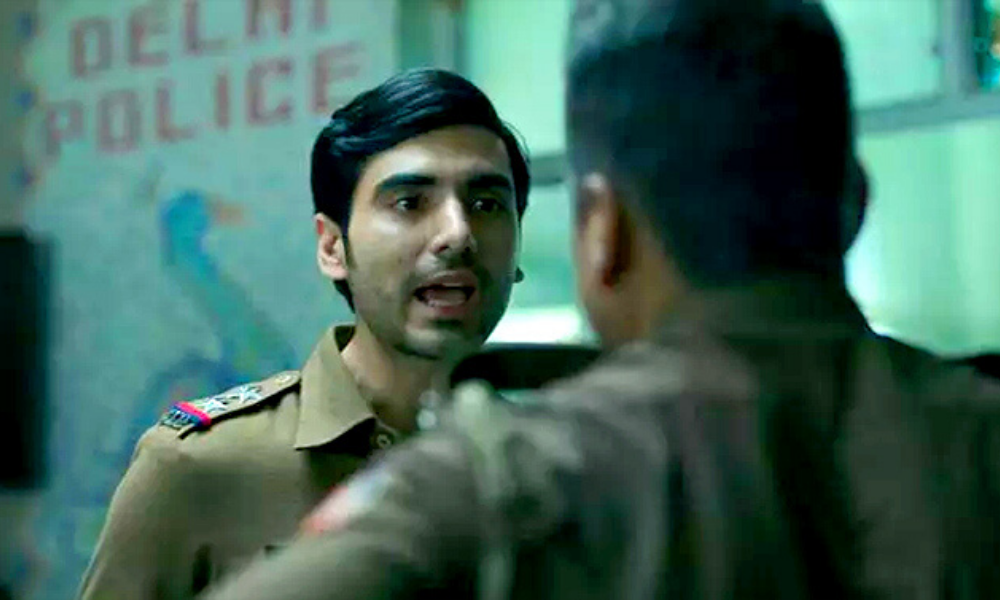Lately, the internet is abuzz with socio-political analyses of Paatal Lok (Amazon Prime). However, there are also denizens who argue that Special Ops (Hotstar) is a better thriller. While Paatal Lok is geared towards left-liberal sensibilities and doesn’t paint a very flattering picture of Indian intelligence agencies, Special Ops adopts a more centrist perspective.
However, both have one thing in common: a charming ‘good Muslim’ deuteragonist assisting the upper-caste Hindu hero – Haathiram Chaudhary’s BFF Imran Ansari (played by Ishwak Singh, a current national social media crush) in Paatal Lok and Himmat Singh’s protégé Farooq Ali in Special Ops.
This is not a recent trend. Bollywood thrillers have been using this trope for a while – Kabir and Khalid (War), Avinash ‘Tiger’ Singh Rathore and Azaan (Tiger Zinda Hai), Ajay Singh Rajput and Shabana Khan (Baby) etc.
Sometimes the ‘good Muslim’ is the protagonist (Phantom, Raazi). However, Special Ops is different in so far as it is not limited to one token ‘good Muslim’. Apart from Farooq, Himmat is assisted by Abbas Sheikh, a Delhi police officer and Ruhaani Sayed, an undercover field agent. The show goes as far as to suggest that Himmat’s daughter is dating a classmate called Suhail (though his surname is mysteriously kept under wraps, lest they be accused of promoting ‘love jihad’).
The origins of the ‘good Muslim’ trope in Indian cinema is rooted in the ghost of Partition. Since the trauma of Partition generates anxiety in the collective (Hindu) psyche over the loyalty of Muslims to the country; the latter’s patriotism needs continual ritual affirmation.
Also read: Being the ‘Right’ Kind of Muslim
In simpler terms, if Muslim characters are to be perceived as ‘positive’ by a Hindu audience, they do not have the liberty of questioning the State and its agencies, unless instructed by their Hindu counterparts to do so. A Hindu man may rebel against the State (War, Satyamev Jayate), so may a Sikh officer (Sacred Games), or a Brahmin left-liberal woman (Leila), but Muslim characters cannot suggest any doubts over their commitment to national security.
If necessary, they must die to prove how much they love the country (D-Day, Phantom and Tiger Zinda Hai) or resign themselves to a life of depression (Raazi).
One might ask, isn’t it good that Muslims are getting at least some positive representation? There are two fundamental problems: first, the aforementioned shows/movies depict Islamophobia as a problem of sporadic violence committed by Hindus in the name of Hindutva, not a state-sponsored policy/pogrom. This is similar to how Indian cinema reduces casteism to honour-killings and rapists to otherised monsters.
These shows highlight only the most extreme atrocities against Muslims (mob lynchings) and refrain from commenting on the structural socio-economic factors which lead to their ghettoisation, such as employment and housing discrimination (refer to the Sachar Committee Report). In fact, Special Ops further pushes the stereotype: in one scene, Abbas Sheikh humorously quips that he has an uncle with three wives and a dozen children.
Paatal Lok somewhat pushes the envelope by focusing on the religious discrimination Ansari faces at his workplace. If Ansari had been a woman, he could have possibly sued Outer Jamuna Paar police station for creating a hostile work environment. However, he remains undeterred in his aspiration to join the IPS.
The only time his patient façade cracks is during a mock interview in which he suggests that minorities have always felt threatened in the country. His mentors urge him to maintain a more ‘positive’ and ‘progressive’ attitude, which visibly irritates him. Subsequently, when Haathiram phones him for some assistance, Ansari snaps at him for expecting unquestioning obedience to his orders. However this is only a momentary rebellion, similar to Sehmat’s nervous breakdown in Raazi’s climax. By the end of the show, he goes back to being the obedient IPS-aspiring Muslim.
Also read: ‘Mulk’ Promotes the Idea That There Is Only One Type of ‘Good’ Muslim
In contrast, Ghoul (Netflix) is an interesting subversion: the protagonist is punished by an otherworldly entity for being a good Muslim. Damned if you do, damned if you don’t!
This leads us to the second problem. There is no space for the dissenting Muslims – that is real Muslims and not just imagined characters – who do not conform to these cinematic dichotomies. I refer here to the Sharjeel Imams, Umar Khalids, Shah Faesals and Safoora Zargars of this country – who have no tolerance for the hyper nationalism of today.
In real life, such Muslims are disappeared into prisons; in cinema, they don’t exist.
The rules of Bollywood are clear: on the screen, ‘good Muslims’ may occasionally express disillusion over their status. However, they never blame the powers-that-be for it. They have no opinions about Kashmir. If they do, it’s irrelevant. They certainly do not step out onto the streets to protest against any perceived ill-treatment by the State. After all, they know that for every ‘bad Hindu’, there are ‘good Hindus’.
The Citizenship Amendment Act and National Register of Citizens may require paper-based proof for Muslims to claim citizenship but Indian cinema has already evolved its own test: as a CBI officer says to Ansari, if ‘they’ join government services, ‘their’ community’s good image is guaranteed.
Megha Mehta is a legal researcher based in Delhi/Mumbai. If you liked this, you can follow her movie-review blog on Instagram, or read her quips on Twitter.
Featured image credit: Amazon Prime

